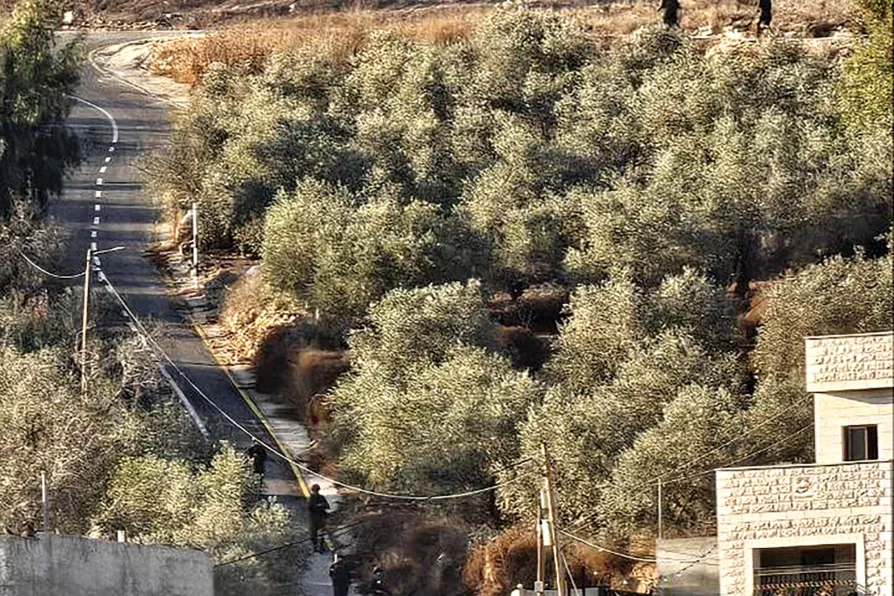This weekend, the NEU holds a special conference to debate changing its approach to organising teaching assistants, which a 2017 TUC agreement forbids. General secretary DANIEL KEBEDE outlines the choices before delegates
THIS is the season when I usually start my day at 7am, often piled in the trailer of a tractor or a ramshackle car with two or three members of our protective presence group, farmers and farmworkers, the latter often sitting on the bonnet or the back of the vehicle, amid a tangle of white sacks, tarpaulins, tools, bags of food, water and a ladder.
Driven by Abdullah, Rashid or whichever Palestinian farmer we are supporting that day, we head jerkily over the stony paths towards one of the family’s olive groves on Jebel [mount] Salman.
Jebel Salman is a long, high hill rising before the ancient villages of Burin, population about 2,990, and Madama, population about 2,300, located to the south of Nablus in the occupied West Bank, villages where we stay each year during the olive harvest.
Its slopes and ridge used to be covered with olive groves, the mainstay of the village economy, interspersed with almond and fig trees and land for cultivating wheat and sesame.
Traditionally, the olive harvest is a joyous occasion when whole families would come to pick olives and enjoy a celebratory al-fresco picnic with freshly-made hummus and falafels, boiled eggs, cucumber, and tomato with pitta bread; all washed down with sweet wild sage tea.
Then, in 1983, Israel, having occupied the West Bank from Jordan in 1967, confiscated over 57 acres of Burin agricultural land on Jebel Salman and 34 acres of land from Madama to build the illegal (under international law) settlement of Yitzhar.


 Latest editorial
Latest editorial













